Policy Brief/Proposal

Policy Brief/Proposal

Tool / Toolkit
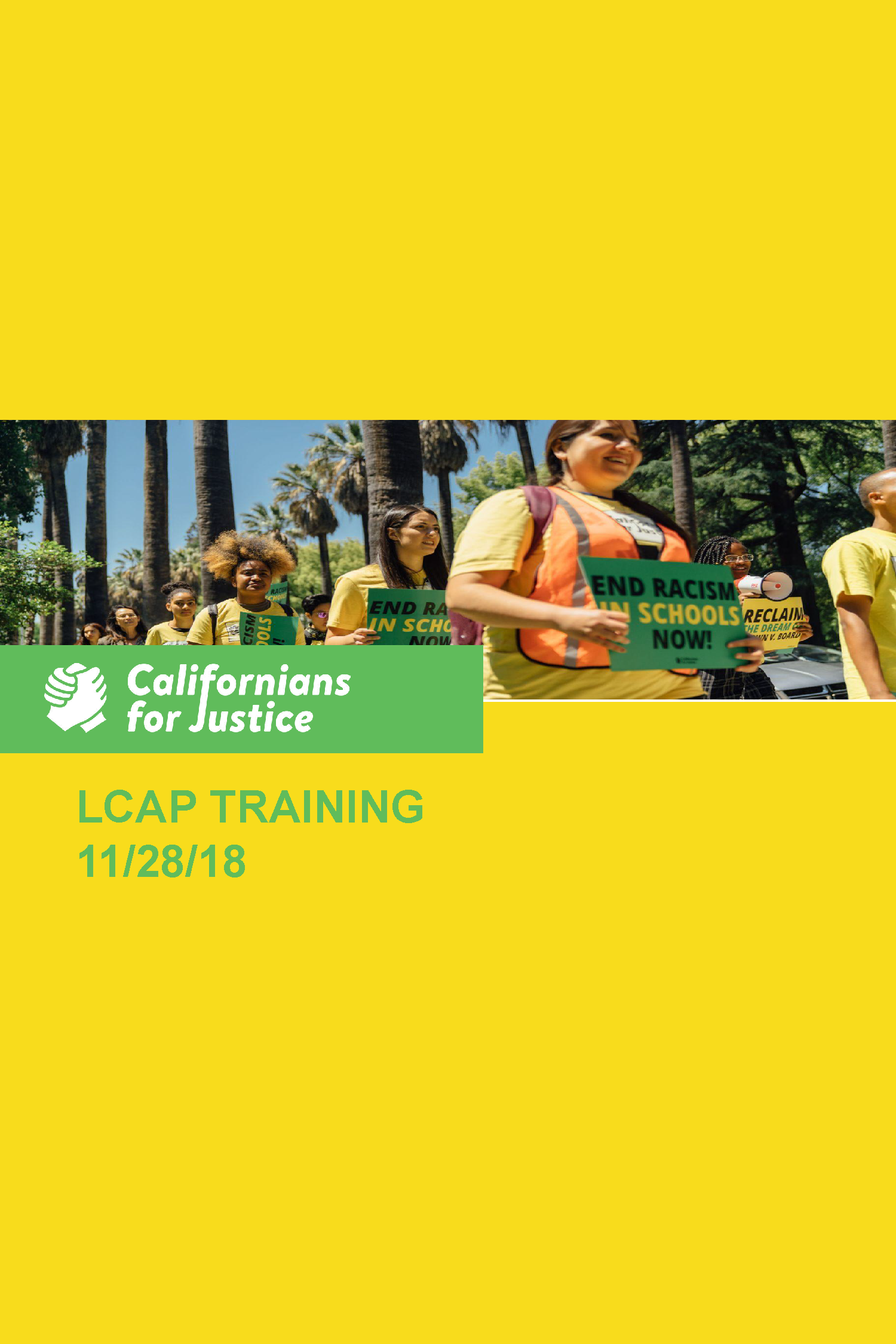
Californians for Justice
Policy Brief/Proposal

Partnership for the Future of Learning
Tool / Toolkit

Public Advocates
Research/Report

The Opportunity Institute
Research/Report

Education Trust, Inc.
Research/Report
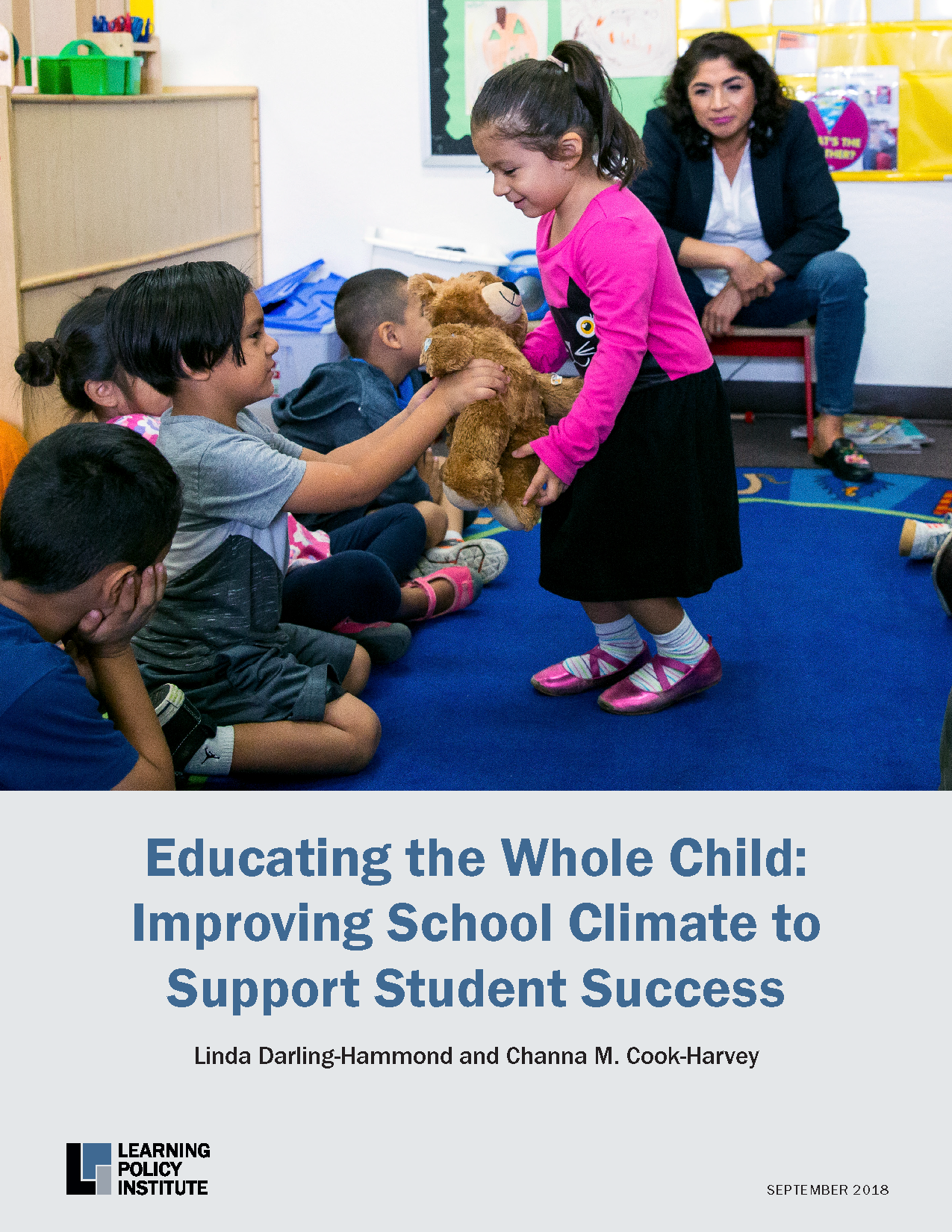
Learning Policy Institute
Policy Brief/Proposal
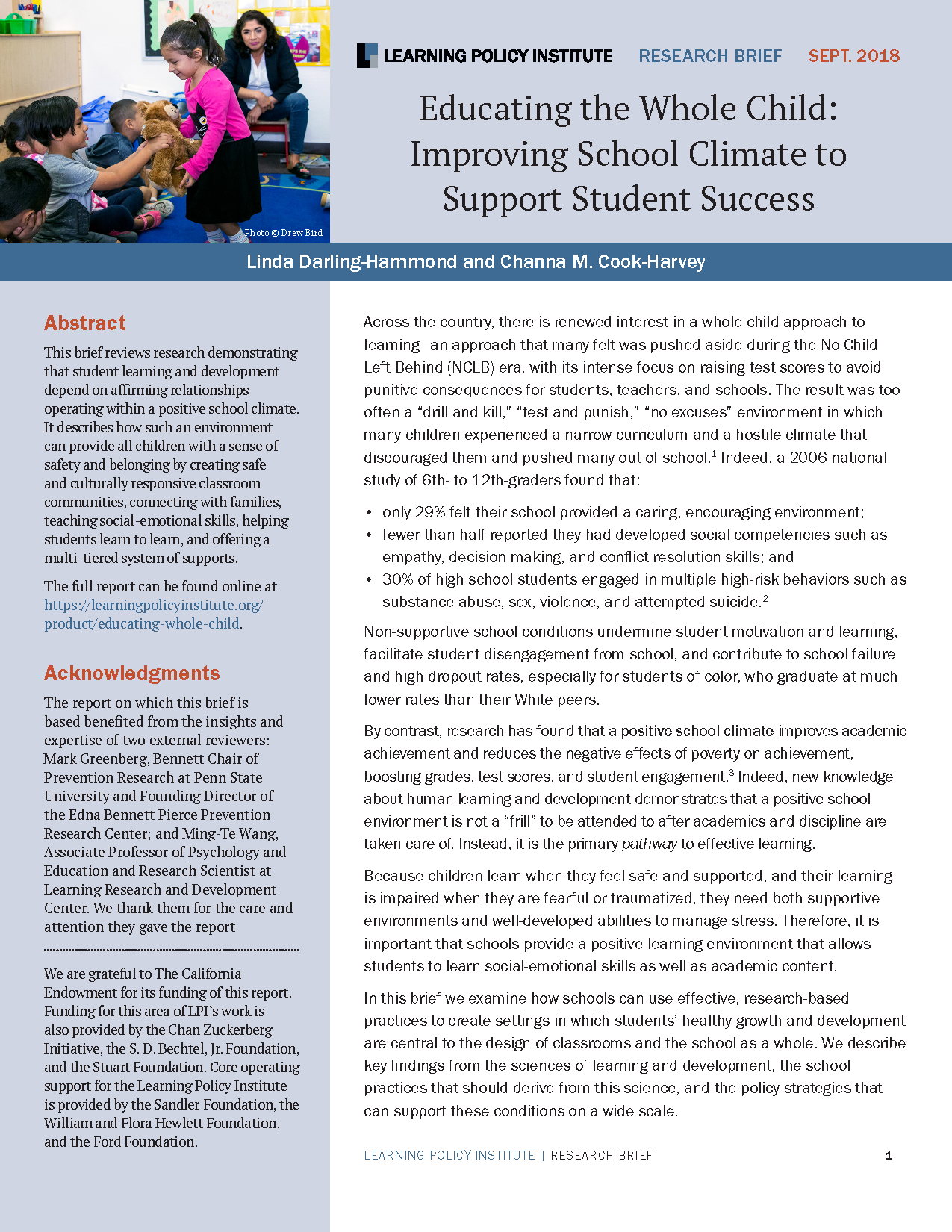
Learning Policy Institute
Research/Report
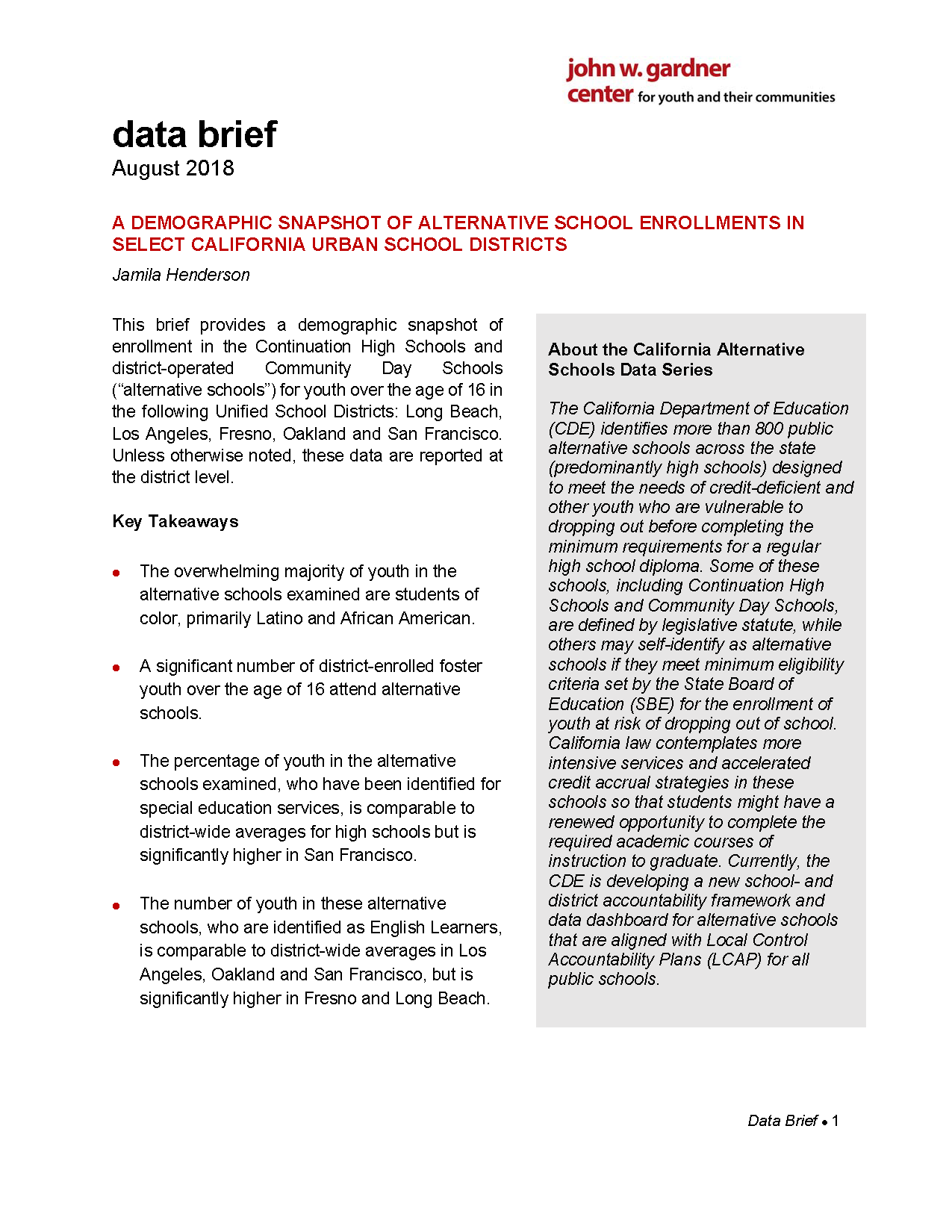
Stanford University Graduate School of Education, John W. Gardner Center for Youth and Their Communities
Tool / Toolkit
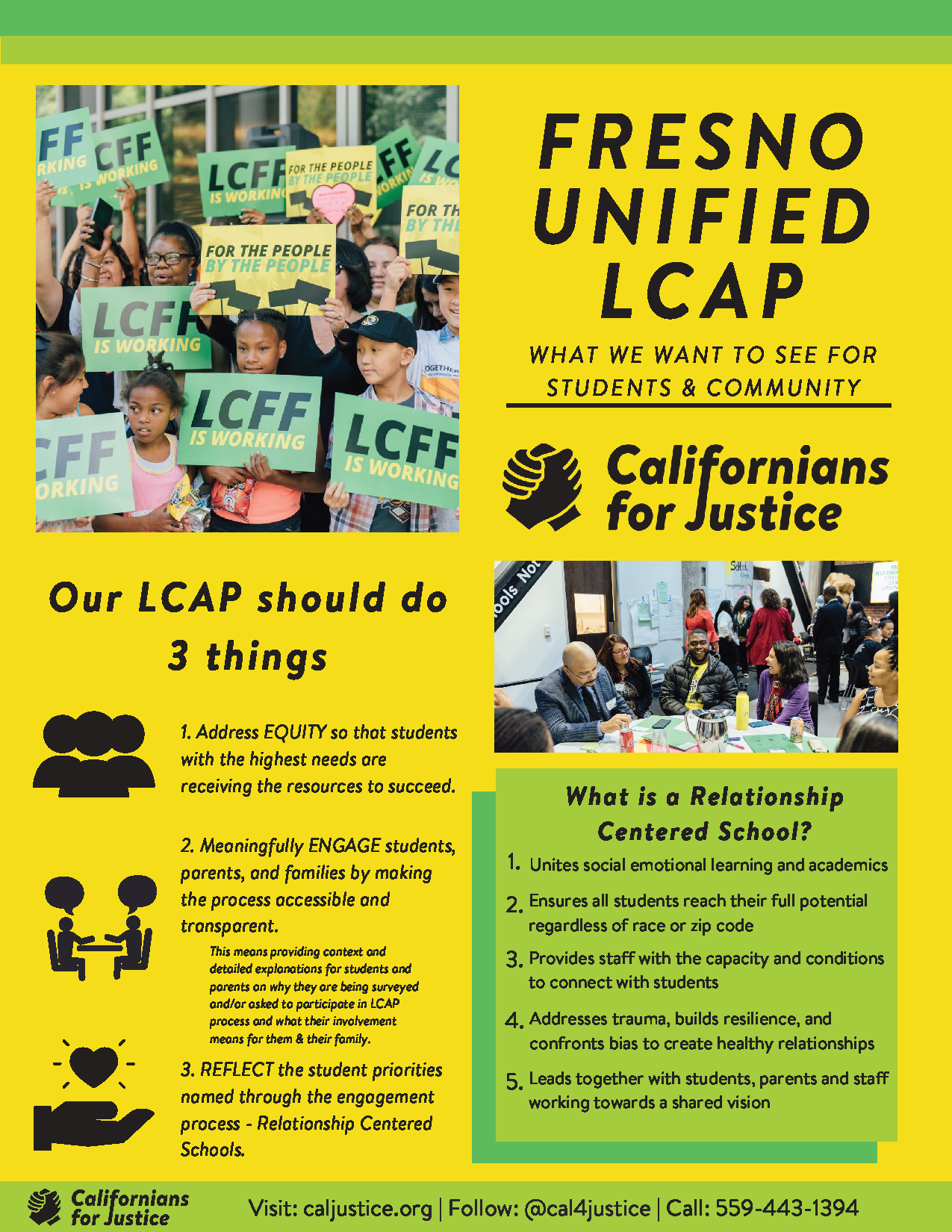
Californians for Justice
Webinar / Video / Podcast
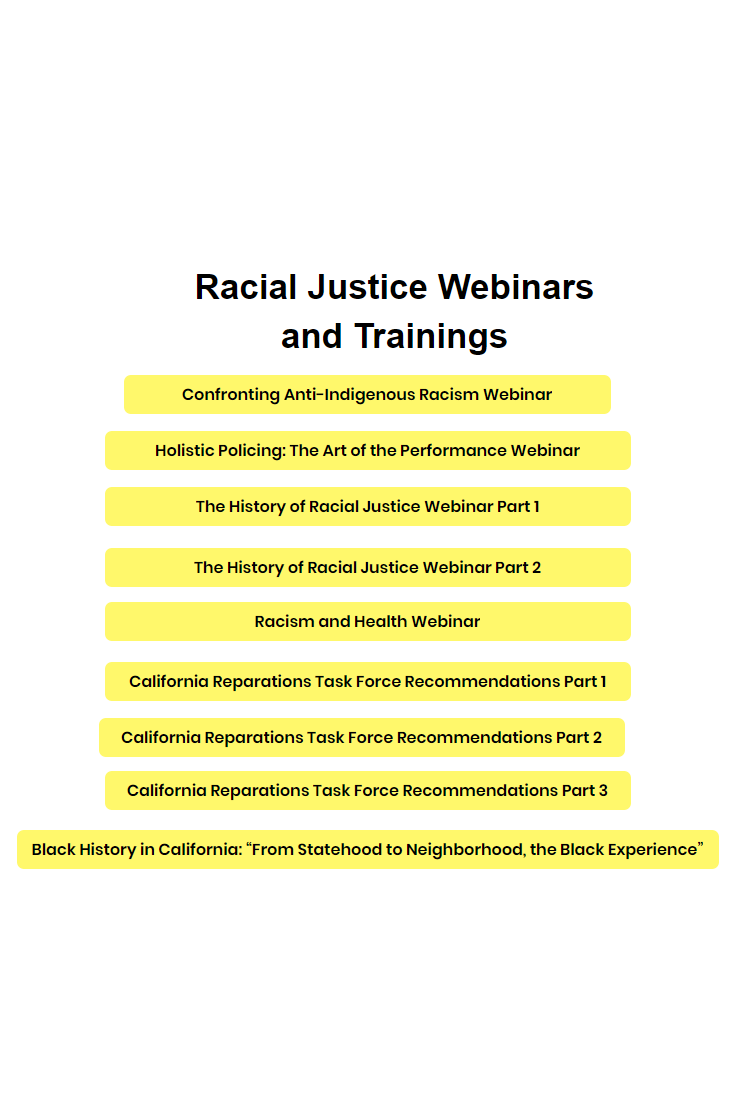
Oceanside Promise
Tool / Toolkit
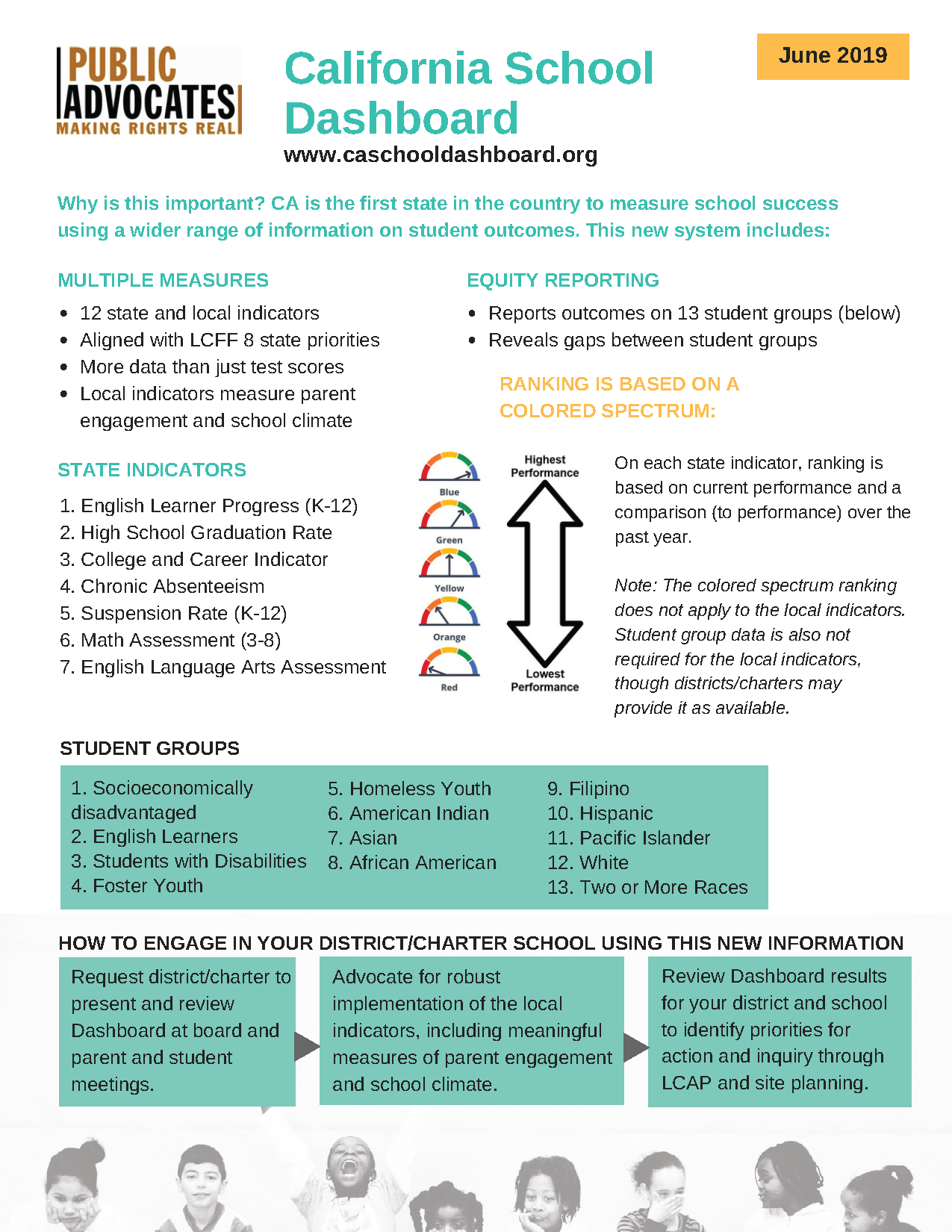
Public Advocates
Story / Case Study / Commentary

Children Now
Tool / Toolkit
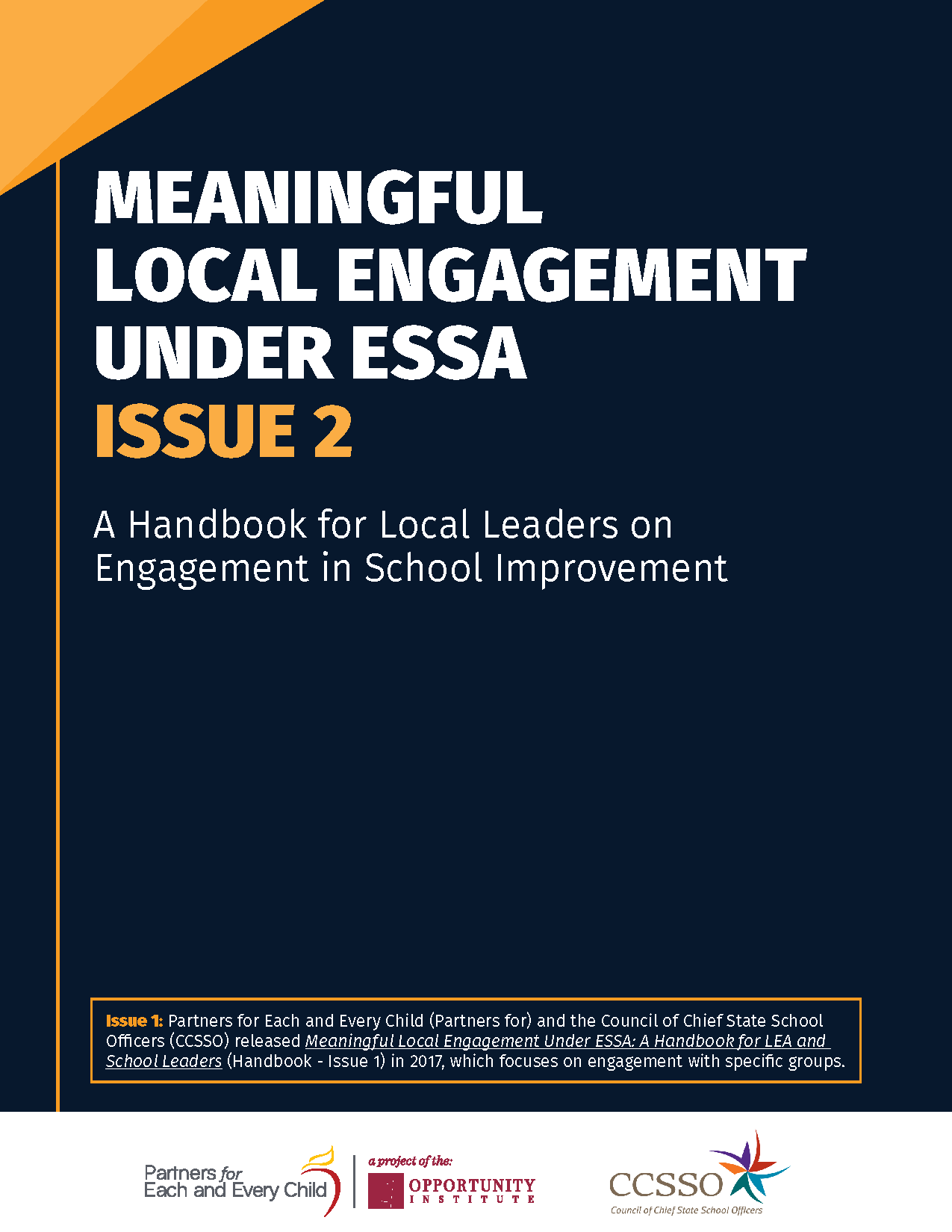
The Opportunity Institute
Tool / Toolkit

Catalyst California
Story / Case Study / Commentary
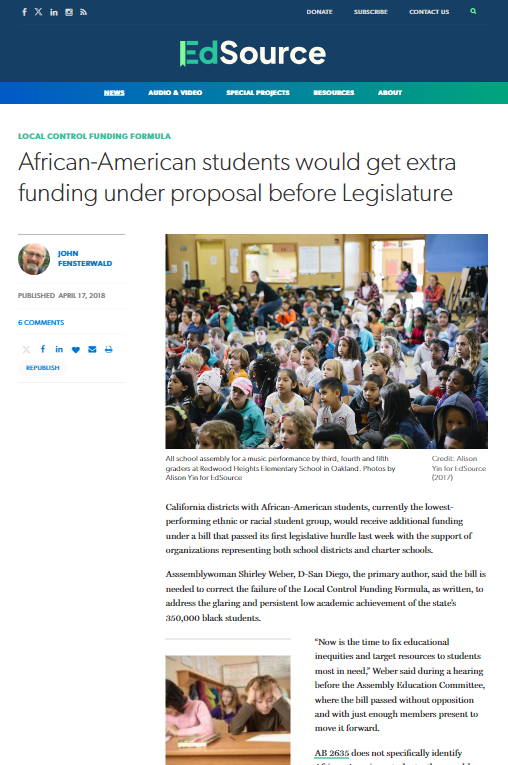
Children Now
Story / Case Study / Commentary
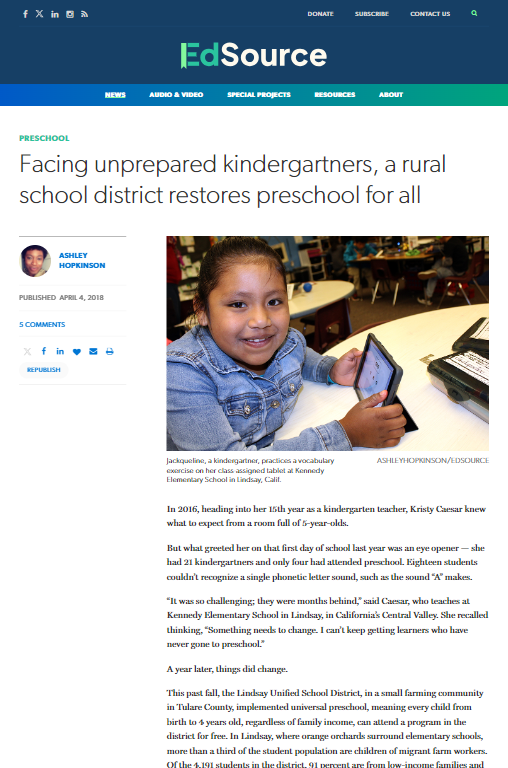
Children Now
Story / Case Study / Commentary

Children Now
Story / Case Study / Commentary
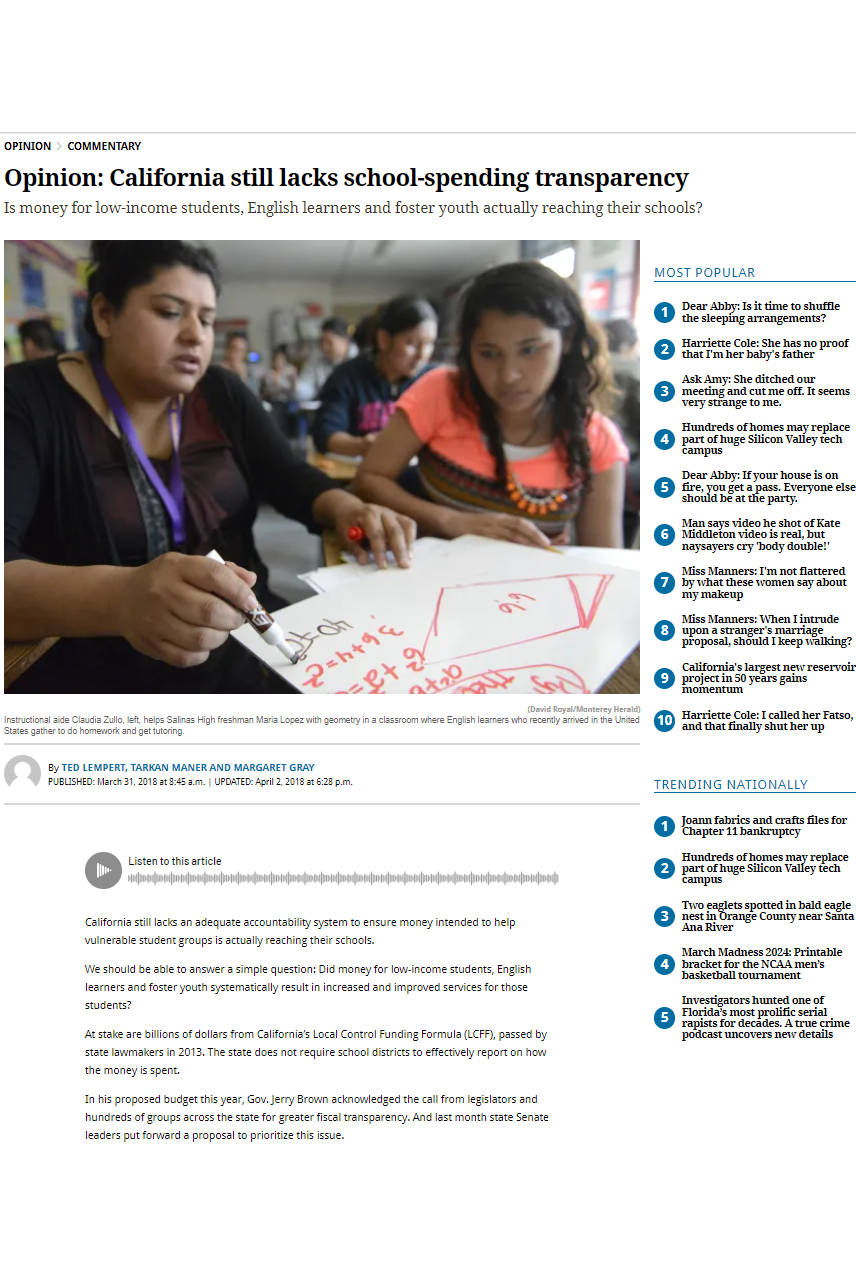
Children Now
Story / Case Study / Commentary
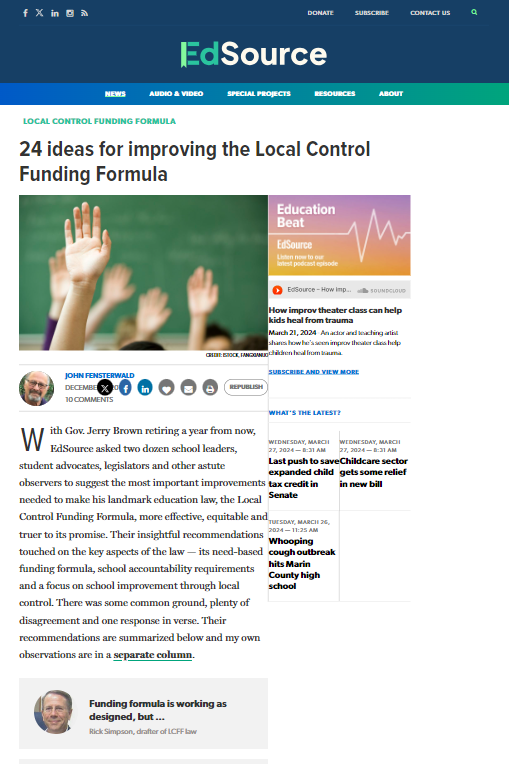
Children Now